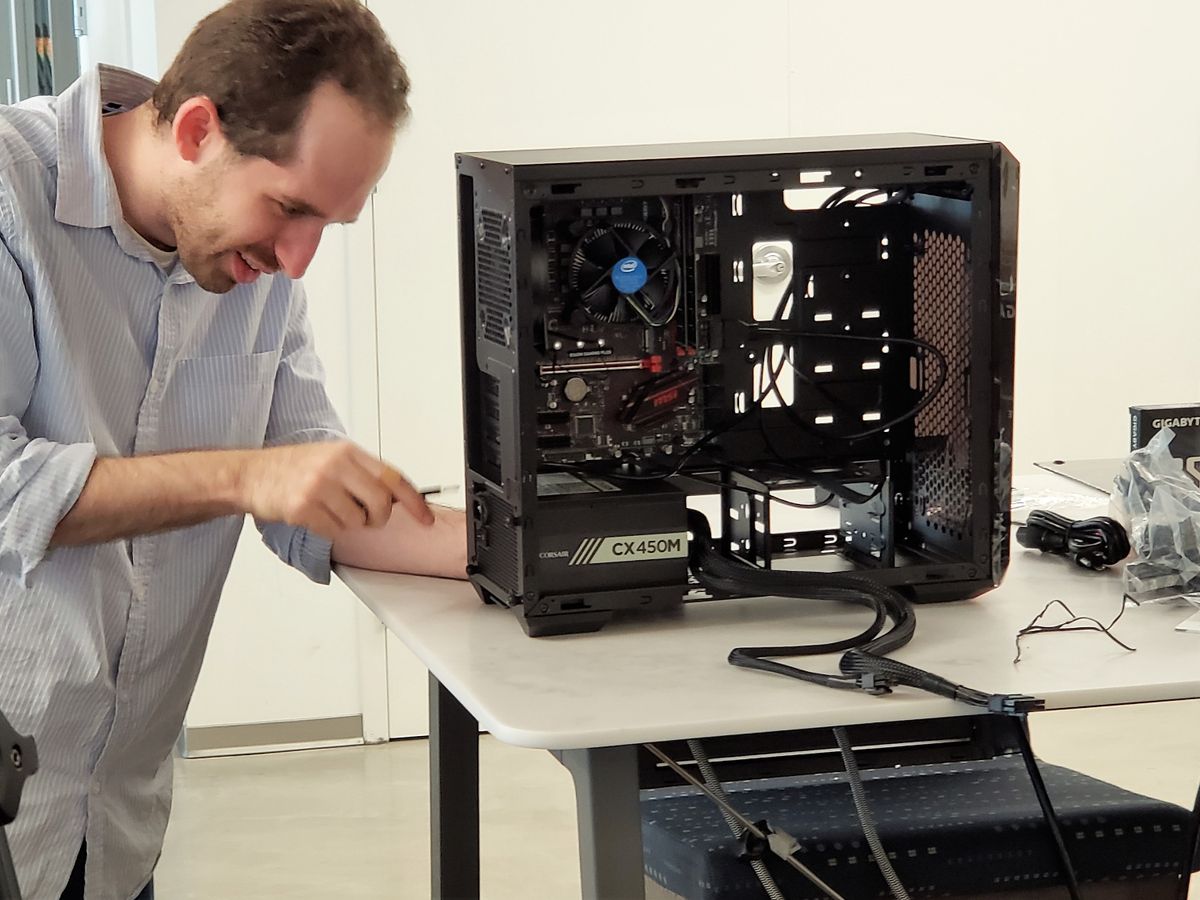How to Build A Computer

What You Need
Before you begin building your computer, you will need to gather the necessary components. These include:
- Processor (CPU)
- Motherboard
- Memory (RAM)
- Storage (hard drive or solid-state drive)
- Power Supply Unit (PSU)
- Case
- Graphics Card (optional)
Step 1: Choose Your Components
Choosing the right components is crucial to building a functional computer. Consider your budget and the intended use of your computer when selecting your components. Research each component and compare prices and specifications before making a purchase.
Step 2: Assemble Your Components
Once you have all of your components, it's time to assemble them. Follow the instructions provided with each component, and be sure to ground yourself to prevent static electricity from damaging your components.
- Install the CPU onto the motherboard
- Install the RAM onto the motherboard
- Install the storage onto the motherboard or case
- Install the PSU into the case
- Connect the cables from the PSU to the motherboard and other components
- Install the graphics card (if applicable)
Step 3: Install Your Operating System
After assembling your components, you will need to install an operating system. This can be done by inserting a bootable USB or DVD and following the installation instructions.
Pros and Cons of Building Your Own Computer
Pros:
- Customization: You can choose the components that best suit your needs and preferences.
- Cost: Building your own computer can be cheaper than buying a pre-built one.
- Knowledge: You will learn how to assemble and troubleshoot a computer.
Cons:
- Time: Building a computer from scratch can be time-consuming.
- Warranty: If a component fails, you may have to troubleshoot and replace it yourself.
- Compatibility: Not all components are compatible with each other.
FAQ
Q: Is it difficult to build your own computer?
Building a computer can be challenging for beginners, but with proper research and preparation, it is manageable.
Q: How much money can I save by building my own computer?
The amount of money you can save depends on the components you choose and the current market prices. However, it is often cheaper to build your own computer than to buy a pre-built one.
Q: Can I upgrade my computer after I build it?
Yes, you can upgrade your computer by replacing components or adding new ones.
Q: What tools do I need to build a computer?
You will need a screwdriver and possibly pliers or wire cutters for cable management.
Conclusion
Building a computer can be a fulfilling experience, but it requires careful planning and research. Consider your budget and needs when choosing components, and follow instructions carefully when assembling them. With patience and perseverance, you can build a computer that meets your specifications and preferences.
